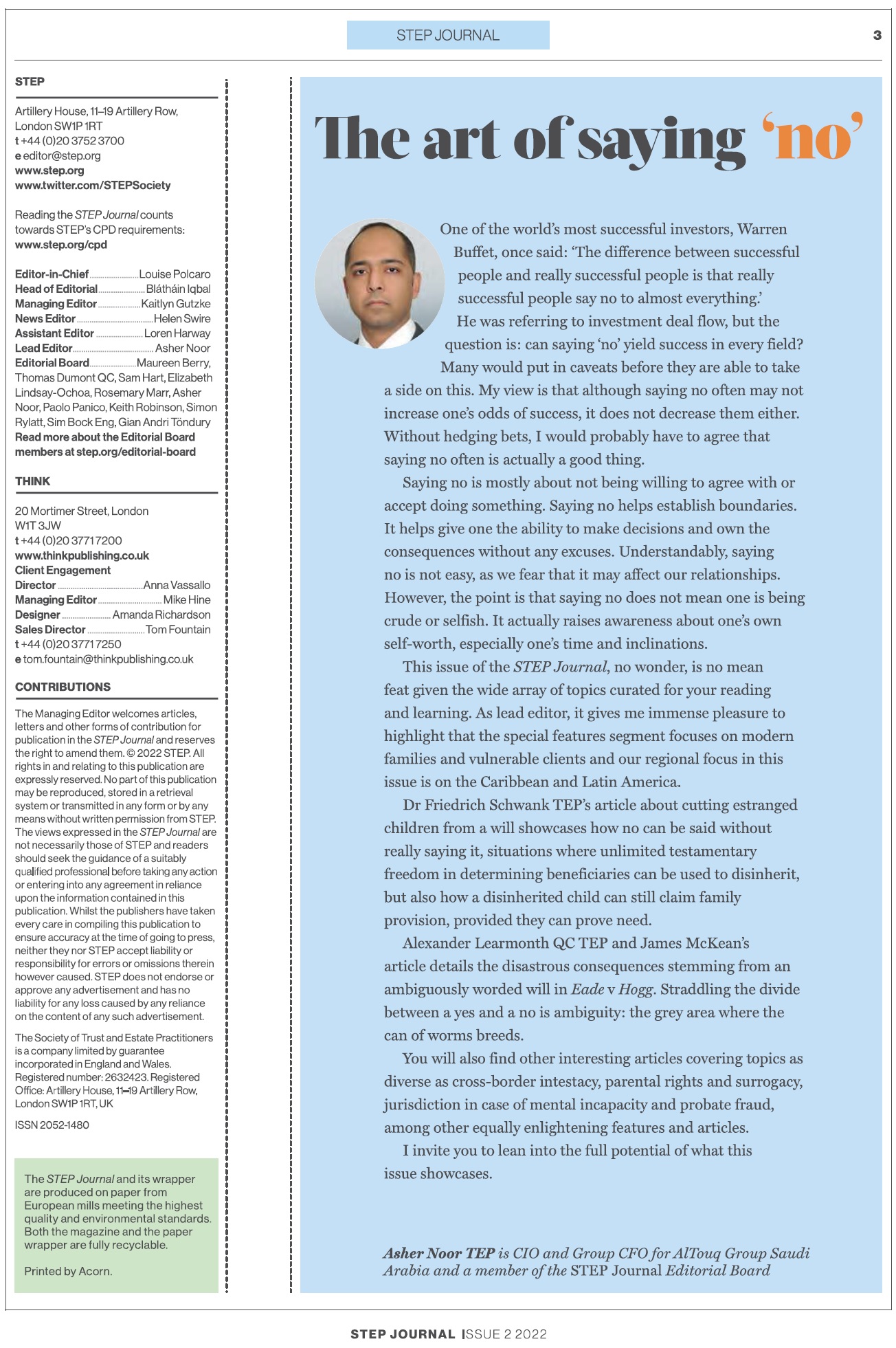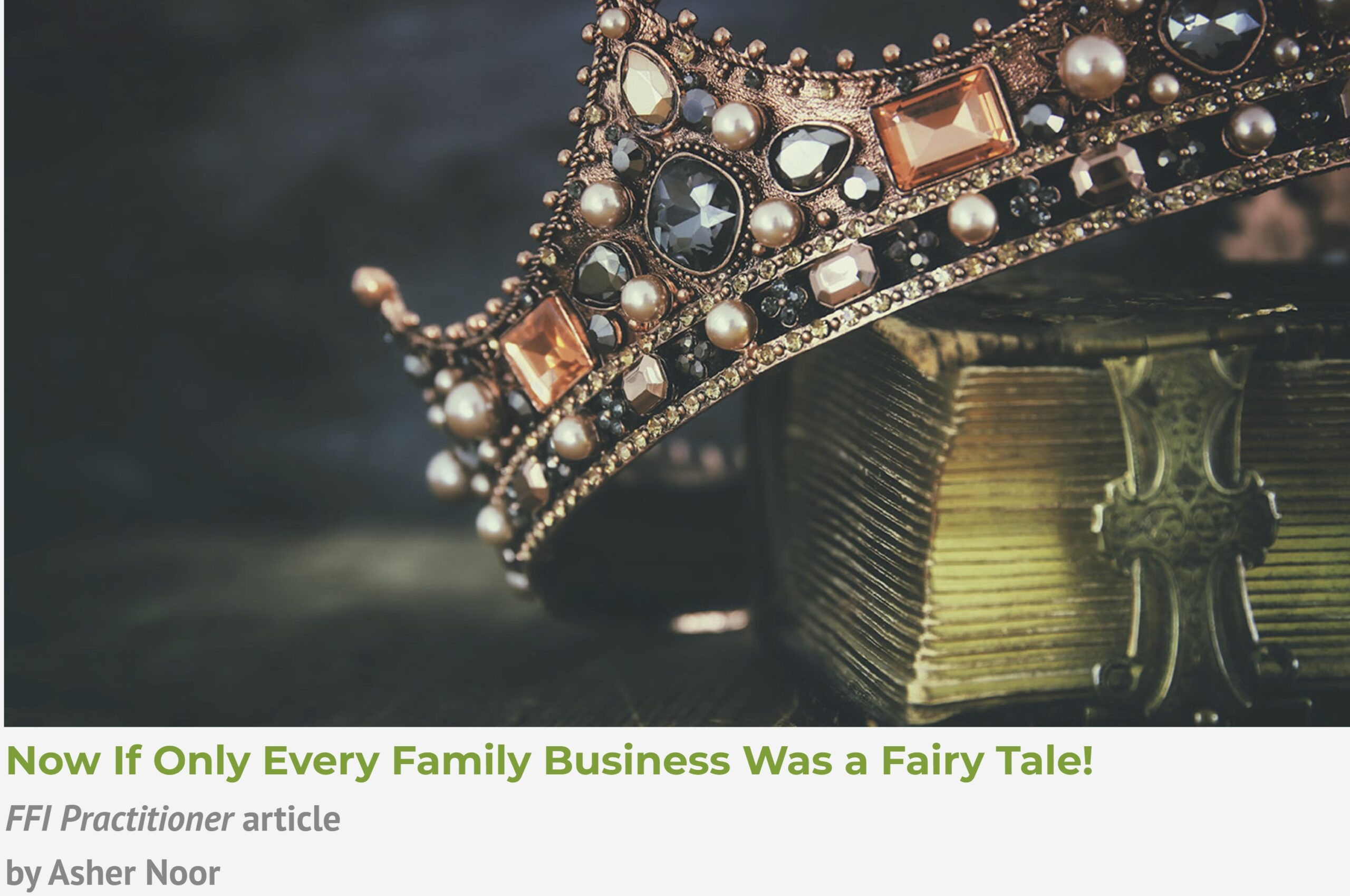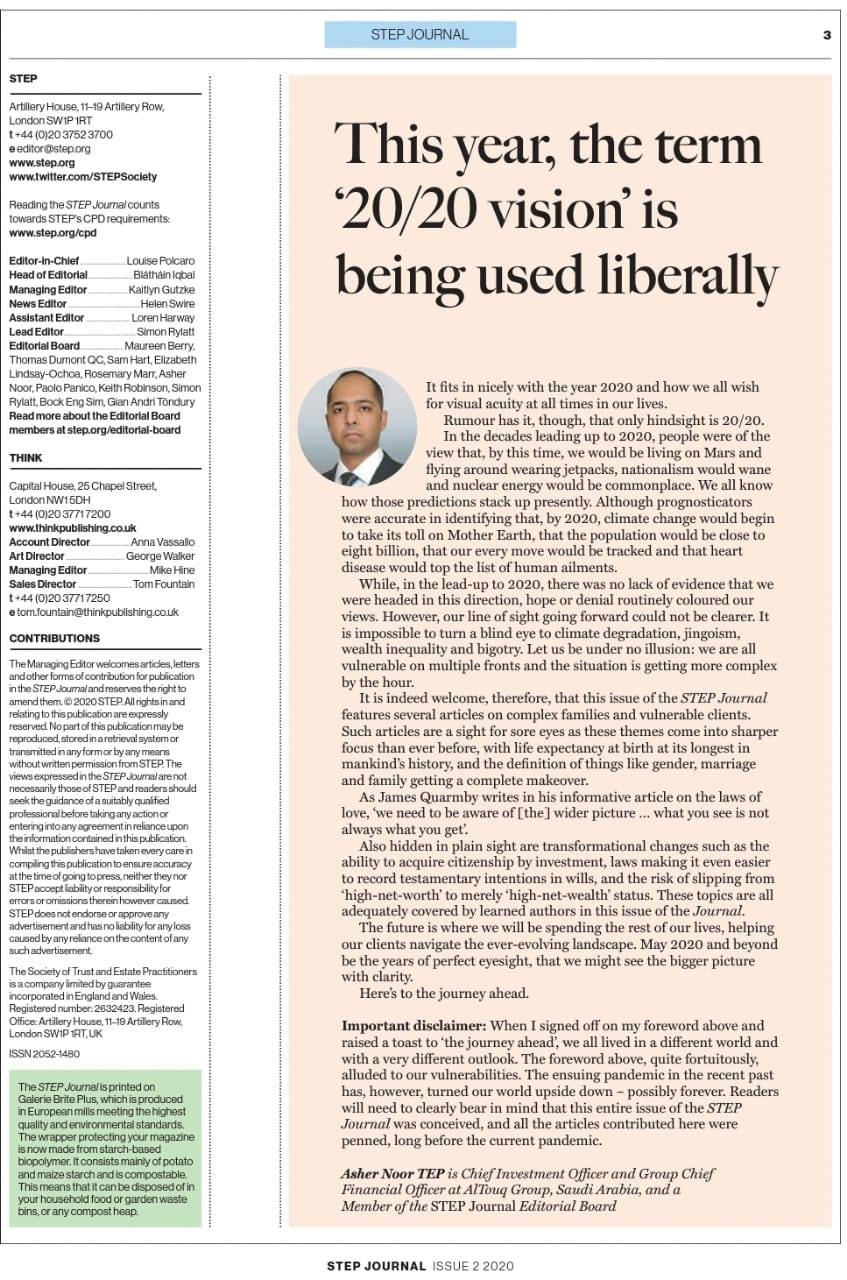Warren Buffet, the famous investor once said, “The difference between successful people and really successful people is that really successful people say no to almost everything”. He was referring to investment deal flow but the question is, can saying no yield success is every field?
Many would put in caveats before they are able to take a side on this. My view is that while saying no often, may not increase one’s odds at success but it does not decrease them either. Without hedging bets, I would have to probably agree that saying no often, is actually a good thing.
Saying no is mostly about not willing to agree with or accept to do something. Saying no helps establish boundaries. It helps give one the ability to make decisions and own the consequences without any excuses. Understandably, saying no is not easy, as we fear that it may affect our relationships. However, the point is that saying no does not mean one is being crude or selfish. It actually raises awareness about one’s own self-worth especially their time and inclinations.
This issue of the STEP Journal, no wonder, is no mean feat given the wide array of topics curated for your reading and learning. As lead editor, it gives me immense pleasure to highlight that the special features segment focuses on modern families and vulnerable clients and our regional focus in this issue is on Caribbean and Latin America.
Dr Friedrich Schwank’s article about cutting estranged child from a will showcases how no can be said without really saying it – and situations where unlimited testamentary freedom in determining beneficiaries can be used to disinherit but also how a disinherited child can still claim family provision, provided they can prove need.
Alexander Learmonth and James McKean’s article details the disastrous consequences stemming from an ambiguously worded will in Eade v Hogg. Straddling the divide between a yes and a no is ambiguity – the grey area where the can of worms breed.
You will also find other very interesting articles covering topics as diverse as situs of cryptocurrencies, cross border intestacy, jurisdiction in case of mental incapacity and probate fraud amongst other equally enlightening features and articles.
I invite you to lean into the full potential of what this issue showcases!This foreword by Asher Noor, as lead editor for the issue, was first published in the STEP Journal UK




